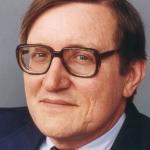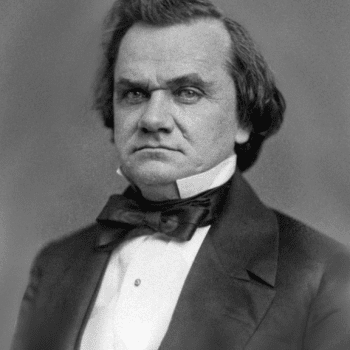A Rasmussen poll surveyed America’s “elite,” constituting 1% of the population, and compared their views to those of average Americans.
The study, commissioned by the conservative Committee to Unleash Prosperity, is entitled Them vs. U.S.: The Two Americas and How the Nation’s Elite Is Out of Touch with Average Americans. Here is a sampling of the findings:
• In a time when most Americans have suffered a loss of real take-home pay, 74% of elites say they are financially better off today than in the past versus 20% of all Americans.
• Nearly six in ten say there is too much individual freedom in America – double the rate of all Americans.
• More than two-thirds (67%) favor rationing of vital energy and food sources to combat the threat of climate change.
• In stark contrast to the rest of America, 70% of the Elites trust the government to “do the right thing most of the time.”
• Two-thirds (67%) say teachers and other educational professionals should decide what children are taught rather than letting parents decide.
• Somewhere between half and two-thirds favor banning things like SUVs, gas stoves, air conditioning, and non-essential air travel to protect the environment.
• About six of ten elites have a favorable opinion of the so-called talking professions—lawyers, lobbyists, politicians, and journalists.
• President Joe Biden enjoys an 84% job approval rating from this group – roughly twice as high as the general public.
60% of the elite think Americans have too much freedom?
67% want teachers to determine what children are taught, rather than parents? The actual question was whether you would vote for a candidate who advocated letting teachers rather than a candidate who advocated letting parents decide. So probably this would be construed as applying mainly to the unwashed masses in need of greater enlightenment, rather than the children of the elite themselves, many of whom go to the private schools that the parents choose.
The elite seem commendably willing to do without in the name of the environment, though, paradoxically, such sacrifice can be a luxury of the affluent. Poor people already do without, so it’s hard for them to do without even more. Meanwhile, 74% of the elite are doing well for themselves financially in what 80% of the rest of the country consider hard times.
The elite have an outsized influence on the rest of the country. The report explains why:
The Elites represent 1% of the U.S. population but have an outsized voice on public policy in the United States, with their views seeming somehow to dominate the national conversation. This may be because it is the Elites themselves who determine what that conversation will be about on campus, in the legacy media, and corporate board rooms.
I find this information very telling. And yet we should be aware of how the pollsters are defining the Elite:
The survey is a first-of-its-kind look at the views of the American Elite – defined as people having at least one post-graduate degree, earning at least $150,000 annually, and living in high-population density areas (more than 10,000 people per square mile in their zip code) – and compares them to what the average American thinks.
The income designation of $150,000 strikes me as quite low for elite status. This 1% is not the same as the top 1% in income. Then again, journalists, professors, and members of other “talking professions” (who are rated so highly probably because they are part of the elite) do not necessarily earn high salaries.
Having a post-graduate degree? This will skew the sampling to include more university professors.
Living in zip codes with high density populations, defined as more than 10,000 people per square mile? That means not only city dwellers but dwellers in our most densely populated cities. The only cities that would qualify would be New York, San Francisco, Boston, Miami, Chicago, Philadelphia, and Washington. These are influential cities, to be sure–the centers of finance, high-tech, academia, and government–and all bright blue, except for Miami.
So there may be some selection bias here, constructing a research target that will give you the results you are looking for. Still, the study documents a belief gap in our society that may be more significant than the income gap that we hear so much about (mainly from the “elite,” perhaps from the “elite” that don’t make all that much money). And it tells us much about the “two Americas” that shape our society and our politics.
The title of this post comes from F. Scott Fitzgerald since I cannot resist literary references. Apologies if you are rich and not all that different from me. The line “the rich are different from you and me” is not from The Great Gatsby, but from a short story entitled The Rich Boy. As for Ernest Hemingway’s rejoinder, “yes, they have more money,” see this. The study report quotes the passage in full, so I will too:
“Let me tell you about the very rich. They are different from you and me. They possess and enjoy early, and it does something to them, makes them soft where we are hard, and cynical where we are trustful, in a way that, unless you were born rich, it is very difficult to understand. They think, deep in their hearts, that they are better than we are because we had to discover the compensations and refuges of life for ourselves. Even when they enter deep into our world or sink below us, they still think that they are better than we are. They are different.” – F. Scott Fitzgerald, from The Rich Boy
HT: Richard Ostling
Illustration: “Group Blog, after J. C. Leyendecker” by Mike Licht via Flickr, CC 2.0

















